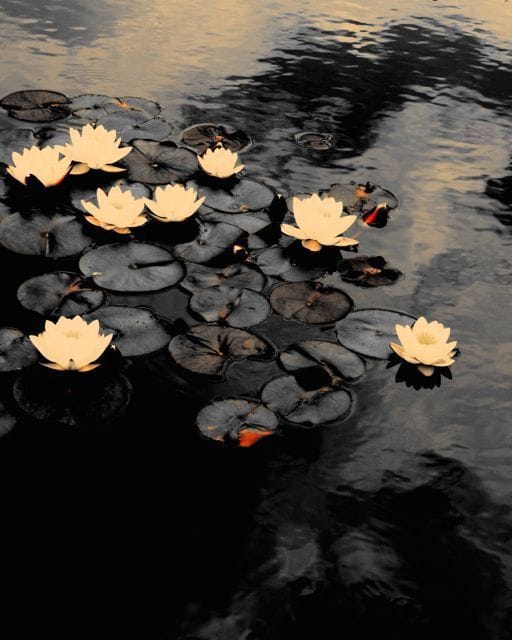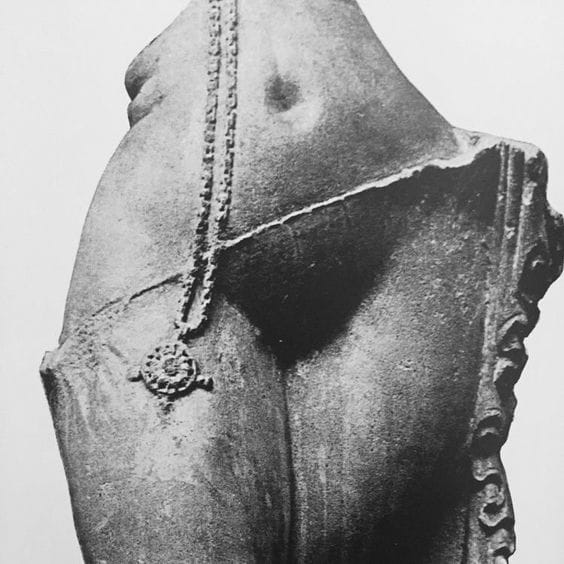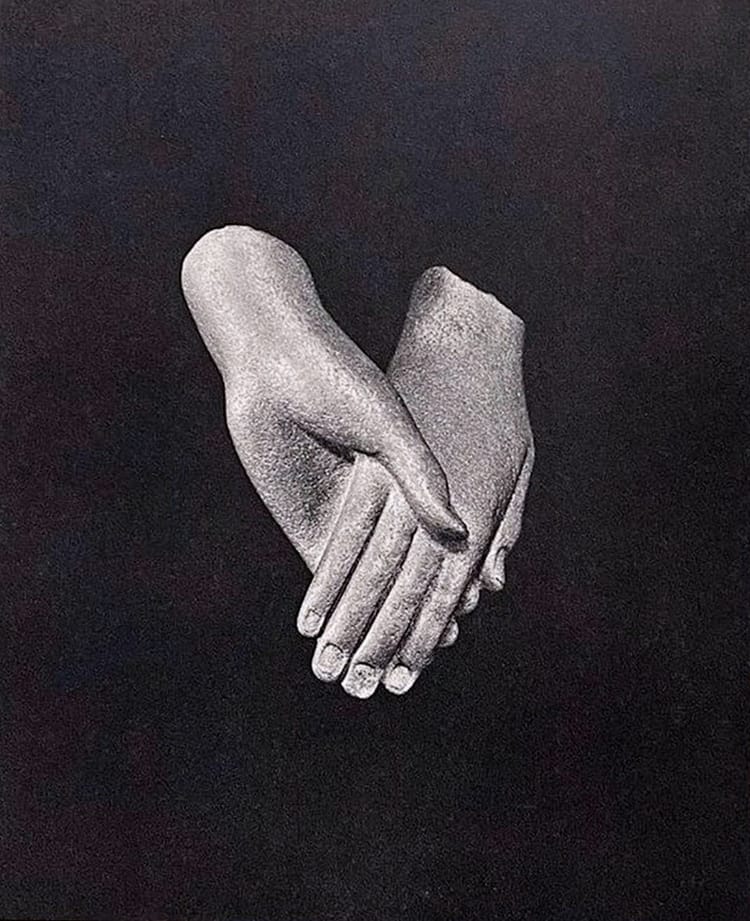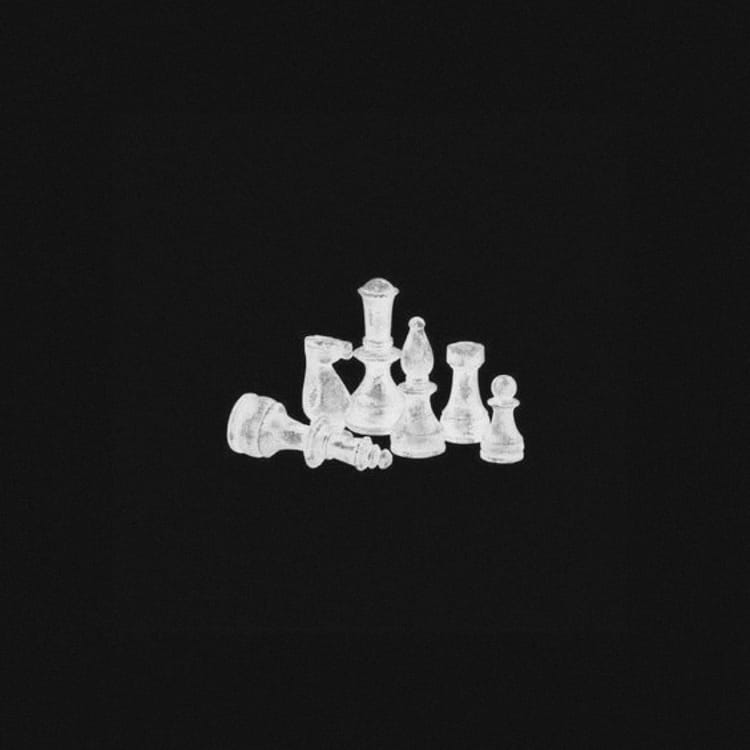Religion: The Antithesis of Art
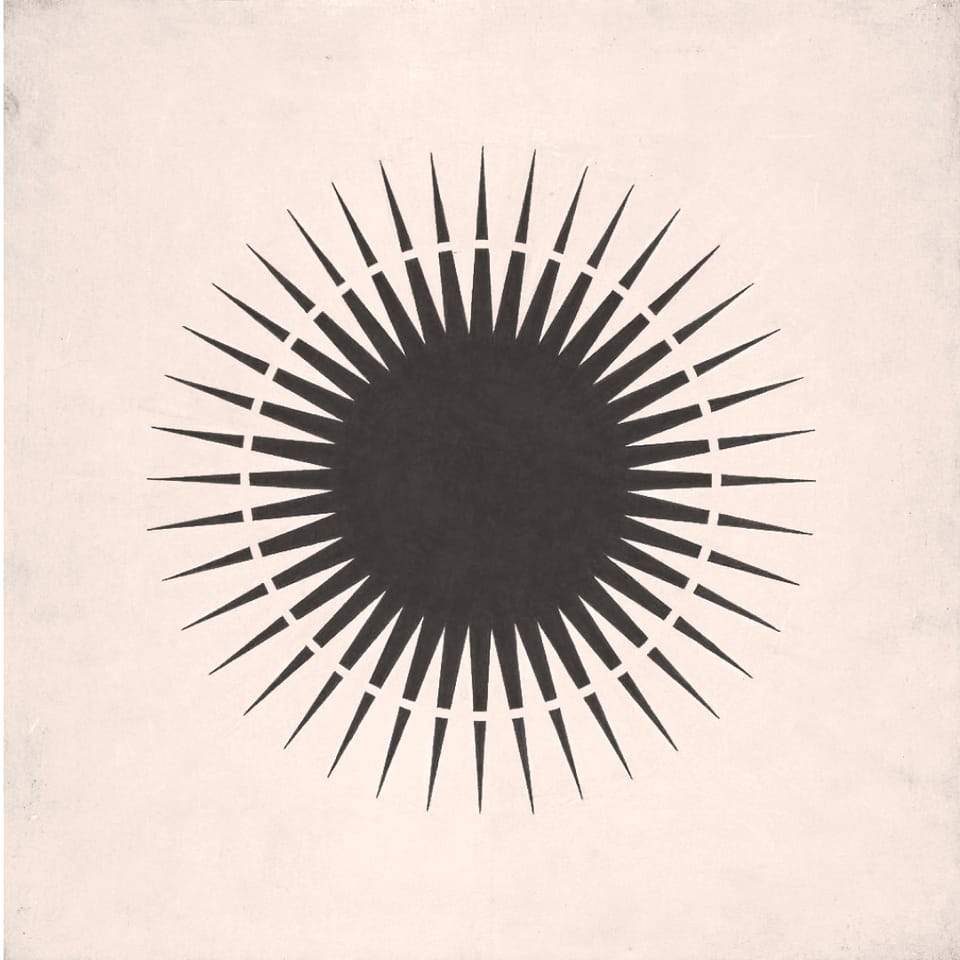
Religion is a mastication.
It makes reality more digestible; more palatable.
It is the great distraction of the masses, as Marx famously noted.
Organized religion is the antithesis of art.
The former deals in "truths," in answers; the latter deals only with questions begetting further questions. The curiosity to remain open in the face of the ineffable. To sit in the unknown and not clutch for the tangible.
This is the ultimate aim of all art. To arrive at questions, to provoke inner and outer dialogue.
The artist seeks to open the possibilities and the potentialities, the antidote to dogma. To shed the layers shrouding the inexpressible, shrowding the sacred and profane aspects of our existence. It is an expression of an individual vantage point in time, like a wave manifesting the potentiality of the ocean in a particular instant.
Religion does the opposite.
It creates and sustains conveniently concocted certainties on the road to truth. It is a buffer against the mystery of life, and, in place of the Mystery, it provides a crutch through the human experience that negates the individual connection with the divine.
Religion demeans, belittles, and dehumanizes.
It creates a political framework of control icons cloaked in beautiful mythologies that, when peddled as fact, rob the individual of their dignity, validity, and intuition.
A thorough reflection on the atrocities committed by and in the name of organized religion over the past thousand years of human history proves this to be irrefutably self-evident.
Religion seeks to reduce unknowns without science's openness to discovery and conflicting evidence or art's ultimate willingness to create for creation's sake.
It funnels truth into carefully curated constructs accessible to everyone, all at the price of forfeiting our direct felt experience of the unfathomable. For the price of a conduit through which reality is filtered and censored.
Is it any wonder that Religion has suppressed and coerced art for centuries?
Why did the Catholic church seek to control art for 1500 years?
Because art is a homage to curiosity.
A self-expression repulsed by didactics and power dynamics. A response to a feeling that this living cannot be so easily explained away by simplistic, static, fear-riddled agreements.
How can van Gogh paint a chair, a sunflower, the interior of his shabby bedroom and draw such profound emotion from us?
Because, unlike religion, he is stripping the layers of perception.
Disrupting our filters for reality with such casual mastery that we see a chair and a bedroom as they are, as they have always been in essence, separated finally from the thin veil of linguistics that we all experience the world through. A veil that religion strives to uphold.
In this way, art is a palate cleanser. The great existential mirror, unveiling what we have been accustomed to disguising in semantics.
There are wonderful aspects to what is typically thought of as "religion"; however, I believe all religions' most enriching, healing aspects can be attributed to faith and mythology, the former being an individual connection with the ultimate reality and the latter being a seemingly universal human desire to express archetypical themes through narratives.
Both faith and mythology are entirely independent of organized religion, yet both have been hijacked and manipulated over centuries in the construction of institutional religion.
Faith and mythology nourish and heal; they help people deal with the tangible sufferings of life. All religions have understood this and sought to carefully and forcefully control both areas of inner life.
When art is included in the mix, religion controls a very powerful trifecta of the human psyche. When you control people's connection with the unknowable, their stories about the unknowable, and their form of self-expression of the unknowable, you control their reality.
The most common argument for organized religion is that it creates community. True.
And perhaps this is the one irrefutable gift of institutionalized religion. For all its innumerable sins, it's undeniably fostered a lattice of relationships between people globally. These communities have carried people through life's many difficulties, and for that alone, these systems can be duly credited.
However, if a community is created and sustained by a maniacal, power-hungry framework of truths based on the fetishizing of ancient and heavily edited texts to dictate a restrictive blueprint for a handful of believers who are navigating the same world of mysteries as the rest of us, then I would argue that however open and welcoming these religions are, their modus operandi is rooted in fear, division, and assumed authority and possession of truth.
In short, it divides us.
Art also creates community; however, it does so through expressing and reflecting the universality of human emotions, experiences, and our burning urge to question the purpose of living.
Through self-expression, the artist seeks to arouse emotions within us, a response, either conscious or subconscious, to questions about the nature of the human experience and our place within it.
Whereas religion is a submission, a surrender to human authority masqueraded as "higher" authority, art empowers.
It is a defiant footprint in each moment of expression.
It is a great call into the Abyss.
A recognition that, for a brief flash, we are here, living, dreaming, and questioning the majesty of experience.


